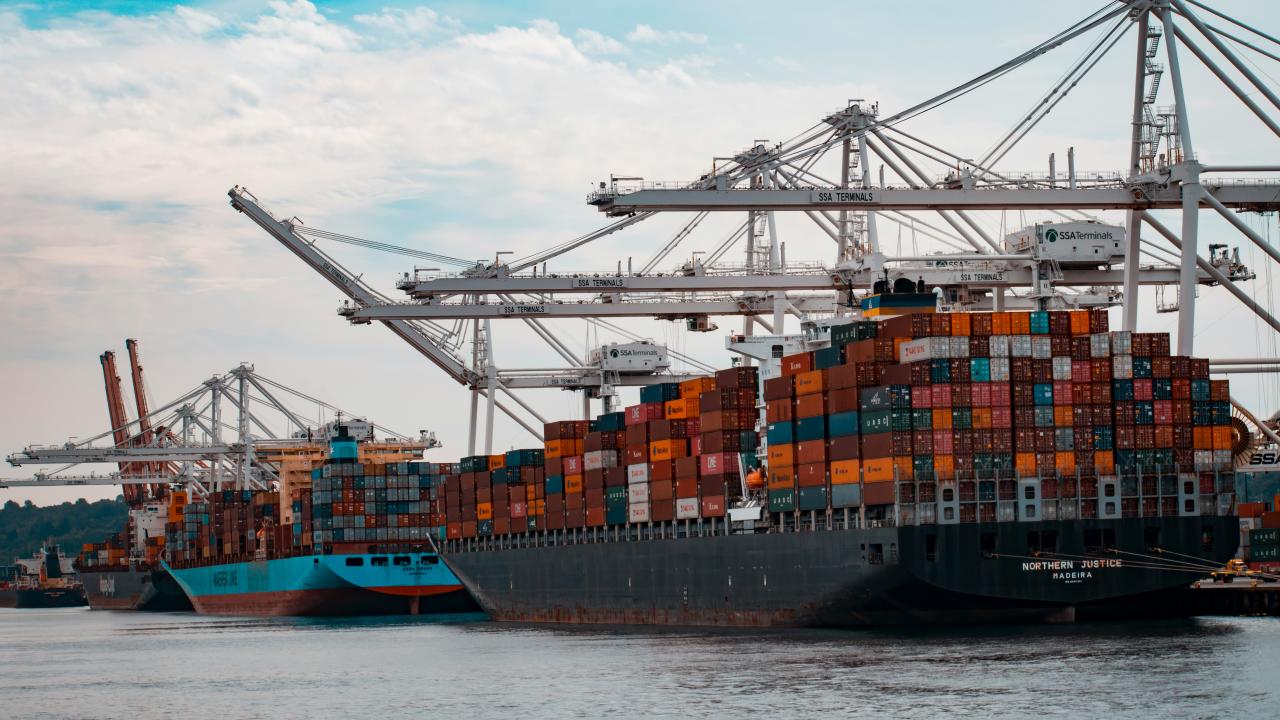TasFarmers warning: risks of an outdated freight scheme

TASFARMERS representatives have voiced strong concerns before the Select Committee on the Tasmanian Freight Equalisation Scheme (TFES) warning that the scheme is no longer fit for purpose and is putting Tasmanian farmers at a growing disadvantage.
Yesterday, TasFarmers CEO Nathan Calman told the committee the scheme is underfunded and hurting farmers.
He outlined the mounting issues caused by the underfunding of the scheme, stating that it no longer reflects the true costs of importing and exporting goods to and from Tasmania.
In their presentation, TasFarmers advocated for reforms to update the scheme, ensuring it remains relevant and continues to provide fair support to Tasmanian farmers in an increasingly competitive market.
"In our submission, we've made it clear that since the scheme was introduced in the 70s, the level of support versus the actual costs of shipping have drifted further and further apart,” Mr Calman said.
"If we go back to the original intent, the scheme is there to reduce disadvantage for those living on the island of Tasmania, and we consider the scheme to be in essence the equivalent of our highway one.
"The underfunding of that scheme and the drift away from cost recovery for farmers over time is probably equivalent to the underfunding of the National Highway.
"The current freight subsidy operates more as a "wharf-to-wharf" rebate rather than covering the full cost of delivery,” Mr Calman said.
Mr Calman said TasFarmers believe the subsidy rate should be reviewed annually and adjusted so that the final freight cost for Tasmanian producers is no higher than it would be for an equivalent journey on mainland Australia, from point of dispatch to destination.
"Considering the actual point to point, from dispatch to delivery cost over the last 30 years, the annual increase would have been well ahead of inflation. So I don't think comparing or increasing the rebate on inflation every year is necessarily the right measure."
Mr Calman also further explained the complexity of the system and difficulty in accessing it was a barrier for producers, saying that unless primary producers constantly accessed the scheme and became proficient it was difficult to use and make claims.
TasFarmers member Matt Ryan told the committee that, while the scheme may have been relevant when it was first introduced, the industry operates differently today, and the scheme now puts the industry at a disadvantage.
“There’s a commodity rate system on Bass Strait, so if you ship different products, they are rated differently depending on the type. For example, timber and building products are 20% cheaper to ship than dry-cover produce," he explained.
“Our ability to compete in many markets is severely hampered by a system that favours one product or industry over another. It may have made sense 30 years ago when it was introduced, but it’s no longer suitable in today’s environment."
Mr Ryan told the committee, "Bass Strait is the most expensive stretch of water in the world.
"It’s cheaper to ship goods to Spain than it is to Sydney, and that’s crazy."
Mr Ryan emphasised that this disadvantage is significant enough to deter investment in the state.
“We often discuss the cost-of-living crisis in Australia, but particularly in Tasmania, there’s also a cost-of-doing-business crisis,” Mr Ryan said.

Add new comment